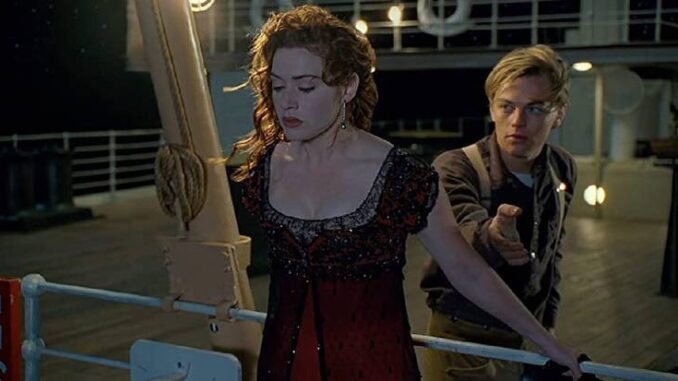
The Unsinkable Truth: Why Titanic Remained a Singular Masterpiece
James Cameron's Titanic wasn't just a movie; it was a cultural phenomenon. Released in 1997, it smashed box office records, redefined special effects, and launched Leonardo DiCaprio and Kate Winslet into the stratosphere. The romantic tragedy of Jack and Rose, set against the backdrop of the unsinkable ship's demise, resonated deeply with audiences worldwide. But despite its monumental success and the obvious financial incentive, Titanic never had a direct sequel. This isn't due to a lack of imagination in Hollywood, but rather a deep understanding of the narrative's inherent completeness and the reverence Cameron held for the real-life tragedy. The real reason Titanic never had a sequel lies in the confluence of narrative closure, respect for history, and the enduring power of a single, perfectly executed vision.
Firstly, the narrative of Titanic, as Cameron presented it, is fundamentally closed. The story centers on Jack and Rose, their passionate but fleeting romance, and the devastating sinking of the ship. Jack dies, sacrificing himself for Rose's survival. While Rose lives a long and full life, carrying the memory of Jack with her, their story concludes with his watery grave. To attempt a sequel would necessitate resurrecting Jack (an absurd proposition) or shoehorning Rose into a new romance, which would diminish the profound impact of her first love. The power of Titanic lies in its bittersweet ending; the knowledge that this love, though short-lived, shaped Rose's entire existence. A sequel would inevitably dilute this powerful sentiment, tarnishing the original's poignancy.
Furthermore, the film is not simply a romance; it's a historical drama that draws its weight from the real-life tragedy of the Titanic. While the characters of Jack and Rose are fictional, the sinking of the ship and the stories of the real passengers serve as a solemn backdrop. A sequel would risk trivializing the loss of life and disrespecting the historical event. Imagine a film that follows a descendant of a Titanic survivor embarking on a similar voyage, encountering a new love interest. It would feel insensitive, almost exploitative, reducing the tragedy to a mere plot device for a modern romance. The gravitas of the original stems from its connection to reality, and a sequel would sever that connection, transforming it into a generic disaster film with a tenuous link to a real-life catastrophe.
Beyond the narrative and historical considerations, the absence of a sequel reflects Cameron's artistic integrity and his commitment to the singular vision of Titanic. He poured years of research, passion, and technological innovation into the film, creating a cinematic experience that felt both epic and deeply personal. A sequel, even if directed by Cameron himself, would inevitably face immense pressure to recapture the magic of the original. The risk of falling short, of tarnishing the legacy of Titanic, would be significant. Cameron, known for his meticulous approach and his dedication to pushing the boundaries of filmmaking, likely understood that a sequel would be a creative and artistic compromise, rather than a genuine continuation of the story.
In conclusion, the absence of a Titanic sequel isn't an oversight; it's a deliberate choice born from a deep understanding of the film's narrative strengths, its historical context, and the director's artistic vision. The story of Jack and Rose, the tragedy of the Titanic, and the enduring power of Cameron's film are best left undisturbed, enshrined in their singular, perfectly executed form. The unsinkable truth is that some stories, like the Titanic itself, are destined to remain solitary, monumental legacies, untouched by the need for a sequel. Their power lies in their completeness, in their ability to evoke a profound and lasting emotional response, a response that would inevitably be diminished by any attempt to revisit or recreate the magic of the original. The silence that follows the sinking of the Titanic speaks volumes, a silence that a sequel would inevitably disrupt, ultimately diminishing the enduring legacy of Cameron's masterpiece.